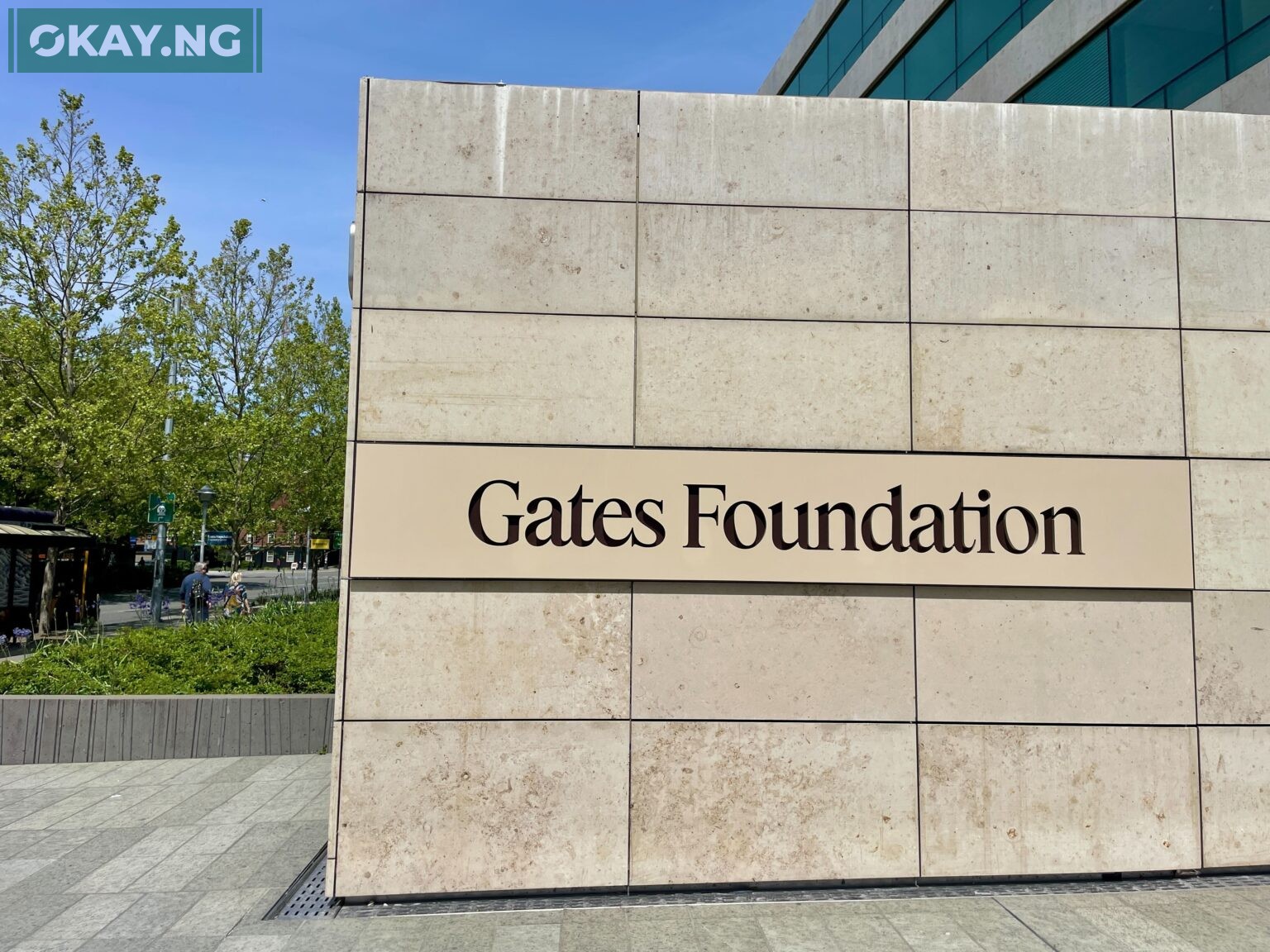The Bill & Melinda Gates Foundation has urged the Nigerian government to increase funding for programmes targeting non-communicable diseases (NCDs), warning that the country faces a growing health and economic crisis if the issue is left unaddressed.
Speaking at a one-day roundtable in Abuja, the Foundation’s Country Director, Uche Amaonwu, said the organisation remains committed to working with Nigeria to strengthen health financing, pandemic preparedness, and the integration of NCD care into primary healthcare.
“We’ve seen a rising burden of non-communicable diseases, even in Nigeria. This is why the roundtable is charting a new path,” Amaonwu stated. He explained that the Foundation is moving away from isolated projects to coordinated partnerships with governments and the life sciences sector.
In 2024, the Gates Foundation committed $8.6 billion to global health, with a growing focus on cancer prevention and tackling NCDs. According to Amaonwu, families in Nigeria often sell assets or withdraw children from school just to cover medical costs, highlighting the urgent need for systemic reforms. “Access to health must be treated as a foundation of prosperity,” he said.
Nigeria’s Minister of Health and Social Welfare, Prof. Ali Pate, stressed the scale of the challenge, noting that 70 percent of healthcare costs are paid directly out-of-pocket by citizens, while just 9.5 percent of Nigerians are covered by health insurance. He added that more than one million people fall into poverty annually due to medical expenses.
“Collaboration, innovation, and private sector participation are essential if we are to cut deaths and give our people the health outcomes they deserve,” Pate said.
The roundtable brought together global health leaders, life sciences executives, and policymakers to explore sustainable strategies for expanding access to care. The meeting emphasised long-term investment in health systems as key to addressing NCDs and reducing poverty across the country.







